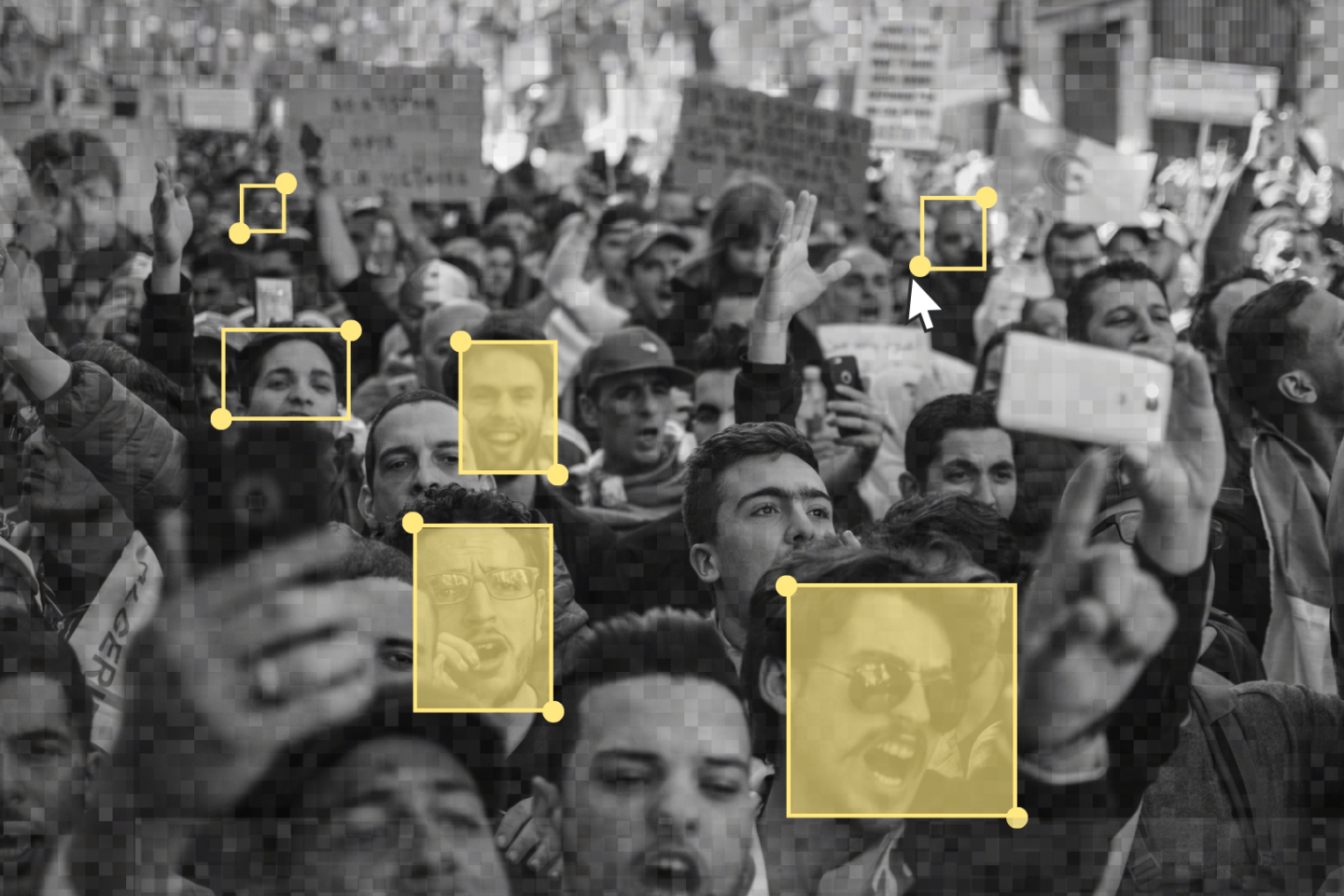“The Kremlin is vengefulnotes Dan Storyev, editor of the English section of OVD-Info, a Russian non-governmental organization (NGO) that defends human rights. Since the funeral (by Alexei Navalny), he attacked the individuals who were there and tried to identify them from the video surveillance footage. »
At least 19 people who attended rallies in support of Mr Navalny, who died on February 16 in the Russian penal colony where he was being held, were arrested after being identified on video surveillance footage. Among them was a woman who had laid flowers in memory of the political opponent, and another who filmed during the funeral, according to OVD-Info. “The Kremlin has advanced technical resources. They are experts when it comes to destroying civil society and building authoritarian rule. They use all the tools at their disposal to stay in power, and their arsenal is enormous.”analyzes Mr. Storyev.
The British media The Bureau of Investigative Journalists (TBIJ) investigated in collaboration with the editors Follow the money and from Paper trail media, about the links between Russian surveillance programs and a platform of “click workers,” paid to perform online micro-tasks. These precarious workers were hired to train the facial recognition software deployed in Moscow through Toloka, a platform installed in Amsterdam.
Often called the “Russian Google,” this subsidiary of digital giant Yandex has found service providers for two Russian companies: Tevian and NTechLab. However, these two companies have been sanctioned by the European Union (EU) for their contributions to this “serious human rights violations in Russia, including arbitrary arrests”. This prohibits any collaboration with them by European companies; Toloka assures that the contracts for Tevian and NtecLab were managed by a sister company, under Russian law.
Video surveillance of Moscow’s streets and metro
Tevian and NTechLab are preferred suppliers of software for the video surveillance system on Moscow’s public roads, one of the most developed in the world. The facial recognition cameras, installed in the subway and city streets, scan faces and compare them to a ‘watchlist’.
“Wherever you are in Moscow, you can be recognized immediately and this can be used against you”narrate Mr. Gusev. In March 2021, when he was a local elected official, he received a call from police saying they had a video of him at a demonstration in support of Mr Navalny. He is called to the police station. Less than two weeks later, he fled Moscow to avoid a trial – he was accused of organizing the protest. “I had to leave Russia because I understood that this case was very serious and that there was a good chance that I would receive a criminal conviction”traces Mr Goussev, who admits to having taken part in the demonstration, but assures that he did not organize it.

